Ross Pearson
Causal knowledge engineering: A case study from COVID-19
Mar 21, 2024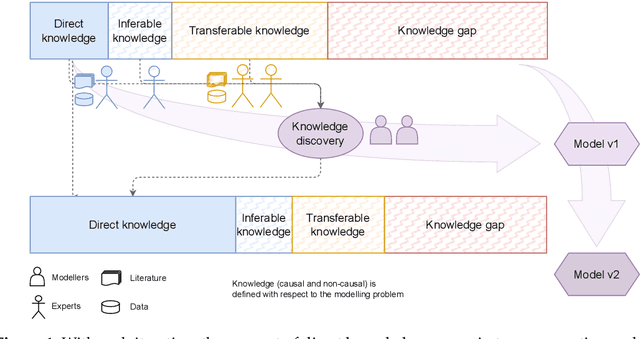
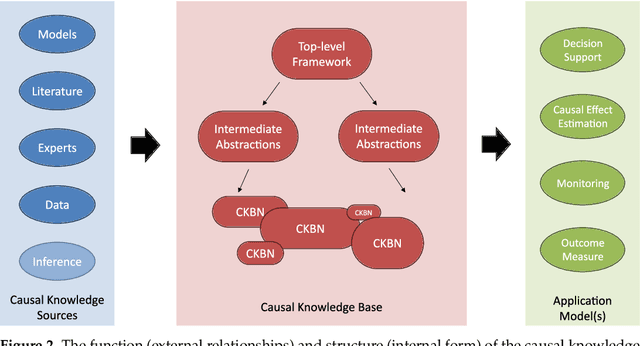
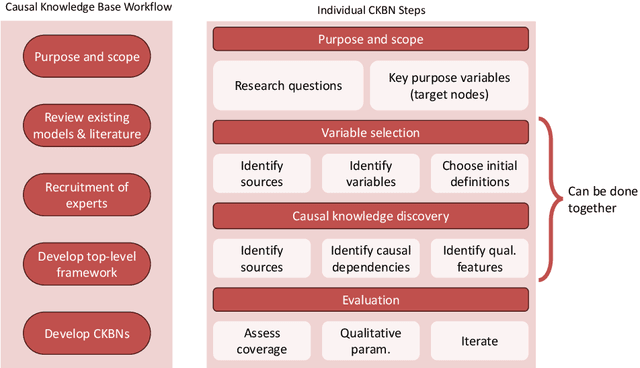
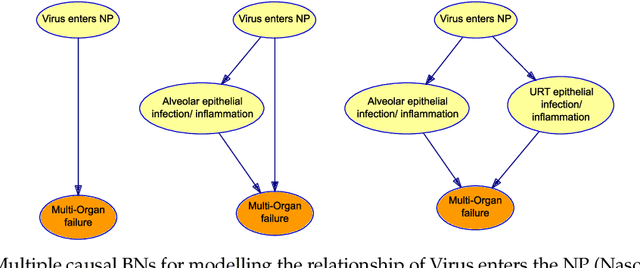
Abstract:COVID-19 appeared abruptly in early 2020, requiring a rapid response amid a context of great uncertainty. Good quality data and knowledge was initially lacking, and many early models had to be developed with causal assumptions and estimations built in to supplement limited data, often with no reliable approach for identifying, validating and documenting these causal assumptions. Our team embarked on a knowledge engineering process to develop a causal knowledge base consisting of several causal BNs for diverse aspects of COVID-19. The unique challenges of the setting lead to experiments with the elicitation approach, and what emerged was a knowledge engineering method we call Causal Knowledge Engineering (CKE). The CKE provides a structured approach for building a causal knowledge base that can support the development of a variety of application-specific models. Here we describe the CKE method, and use our COVID-19 work as a case study to provide a detailed discussion and analysis of the method.
BARD: A structured technique for group elicitation of Bayesian networks to support analytic reasoning
Mar 02, 2020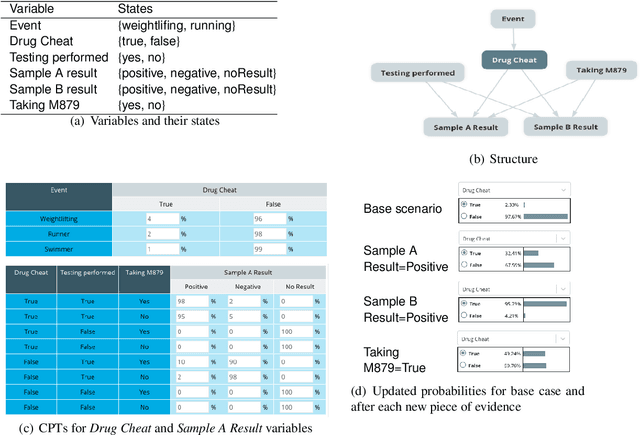
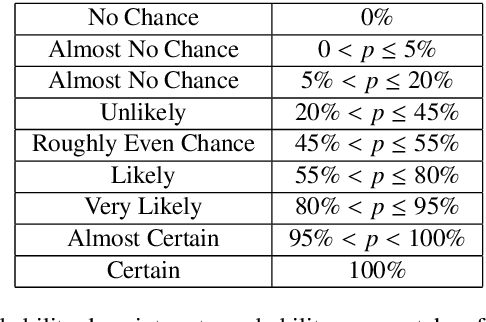

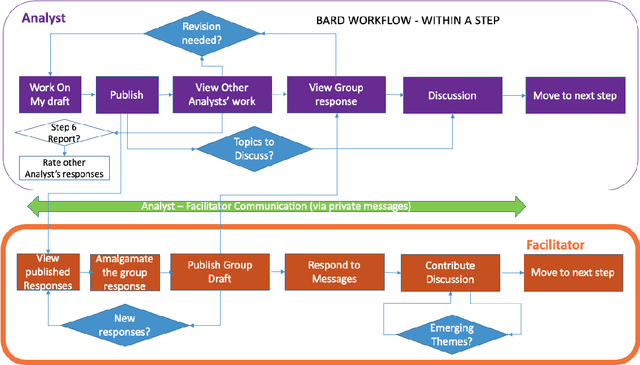
Abstract:In many complex, real-world situations, problem solving and decision making require effective reasoning about causation and uncertainty. However, human reasoning in these cases is prone to confusion and error. Bayesian networks (BNs) are an artificial intelligence technology that models uncertain situations, supporting probabilistic and causal reasoning and decision making. However, to date, BN methodologies and software require significant upfront training, do not provide much guidance on the model building process, and do not support collaboratively building BNs. BARD (Bayesian ARgumentation via Delphi) is both a methodology and an expert system that utilises (1) BNs as the underlying structured representations for better argument analysis, (2) a multi-user web-based software platform and Delphi-style social processes to assist with collaboration, and (3) short, high-quality e-courses on demand, a highly structured process to guide BN construction, and a variety of helpful tools to assist in building and reasoning with BNs, including an automated explanation tool to assist effective report writing. The result is an end-to-end online platform, with associated online training, for groups without prior BN expertise to understand and analyse a problem, build a model of its underlying probabilistic causal structure, validate and reason with the causal model, and use it to produce a written analytic report. Initial experimental results demonstrate that BARD aids in problem solving, reasoning and collaboration.
 Add to Chrome
Add to Chrome Add to Firefox
Add to Firefox Add to Edge
Add to Edge